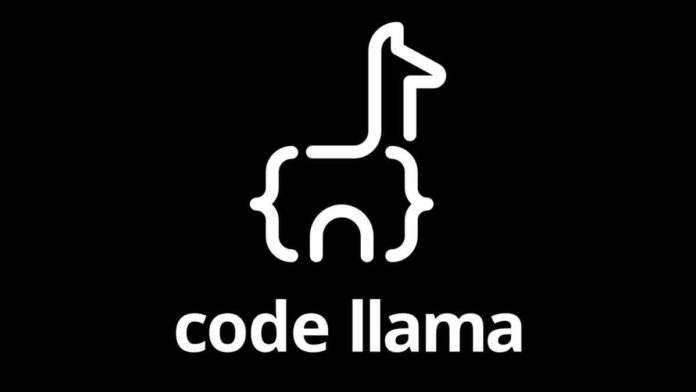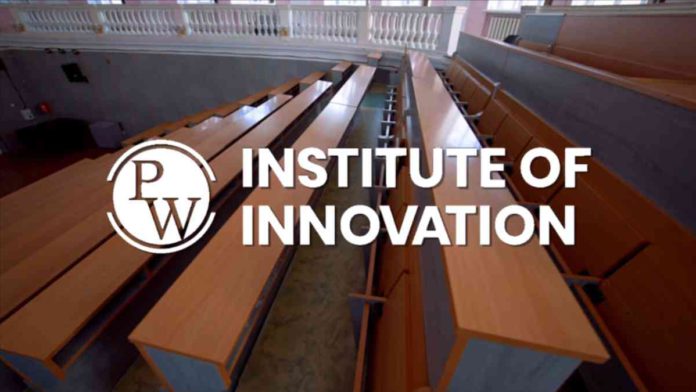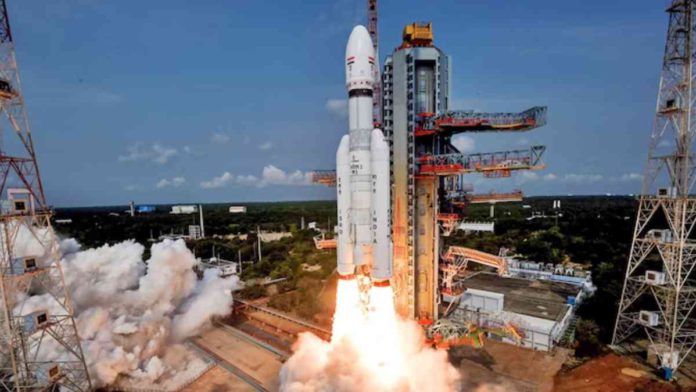Alibaba on Friday unveiled new artificial intelligence models that, according to the company, are capable of understanding images and having conversations that are more complicated than those of the company’s prior products. The announcement comes as the competition for technological leadership across the world intensifies.
The Chinese technology behemoth announced that its two new models, Qwen-VL and Qwen-VL-Chat, will be open source, allowing researchers, academia, and businesses around the world to utilize them to develop their own AI apps without having to invest time and money in training their own systems.
Alibaba claimed that Qwen-VL could produce captions for photographs and react to open-ended questions about various images. In contrast, Qwen-VL-Chat, supports more “complex conversation,” such as comparing several image inputs and responding to series of questions. Alibaba claims that Qwen-VL-Chat is capable of composing stories, producing images from user-inputted photos, and solving mathematical problems represented as pictures, among other things.
Read More: UK to Invest £100m in AI Chips Production Amid Global Competition
Alibaba used the input of a Chinese-language hospital sign as an example. By analyzing the sign’s image, the AI can respond to queries regarding the location of specific medical departments.
The two most recent models from Alibaba are based on the Tongyi Qianwen large language model that was released earlier this year. Similar to Qwen-VL-Chat, the most recent version of OpenAI’s large language model GPT-4 can comprehend visuals and answer in text.
This month, the startup with its headquarters in Hangzhou made two more AI models, Qwen-7B and Qwen-7B-Chat, open source. Alibaba will not receive any licensing fees from the open-source distribution, but it will gain additional customers for its AI model at a time when its cloud division is trying to resume growth as it gets ready to go public.











